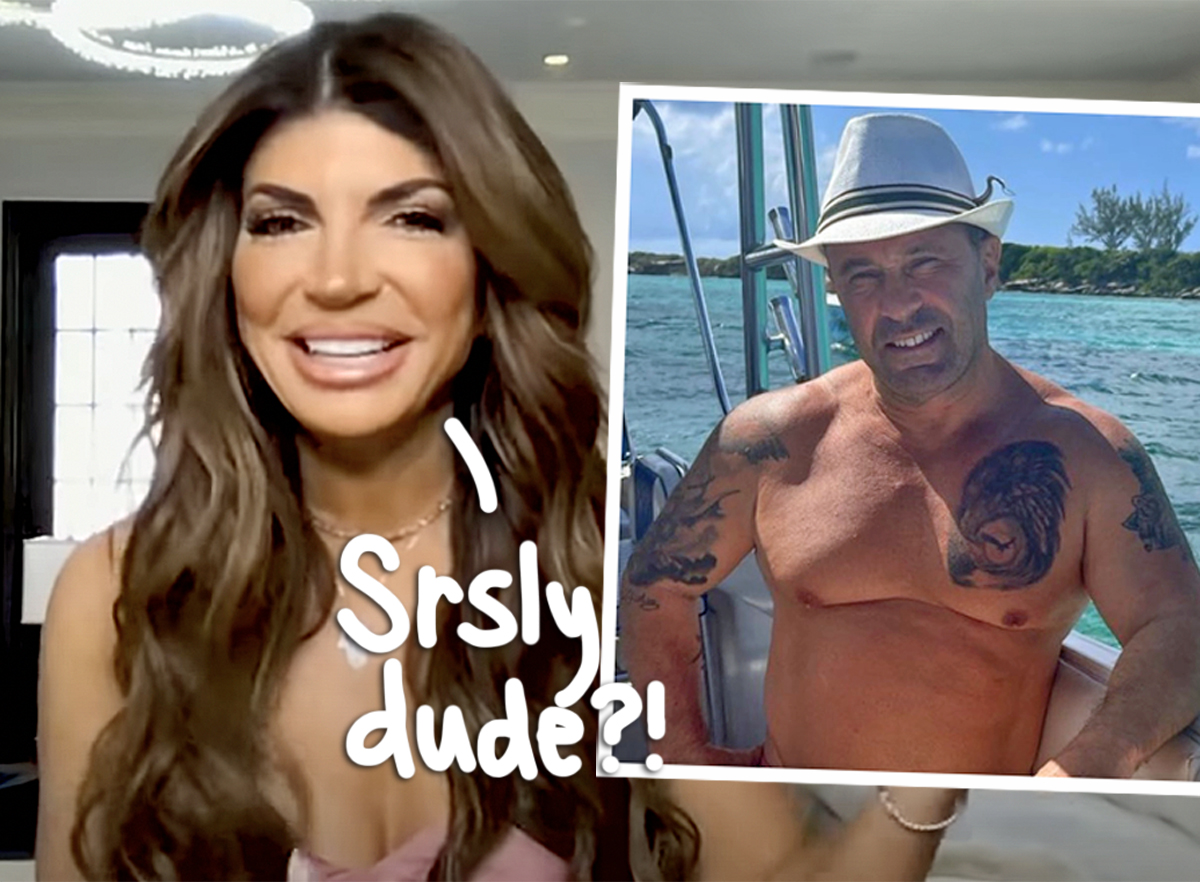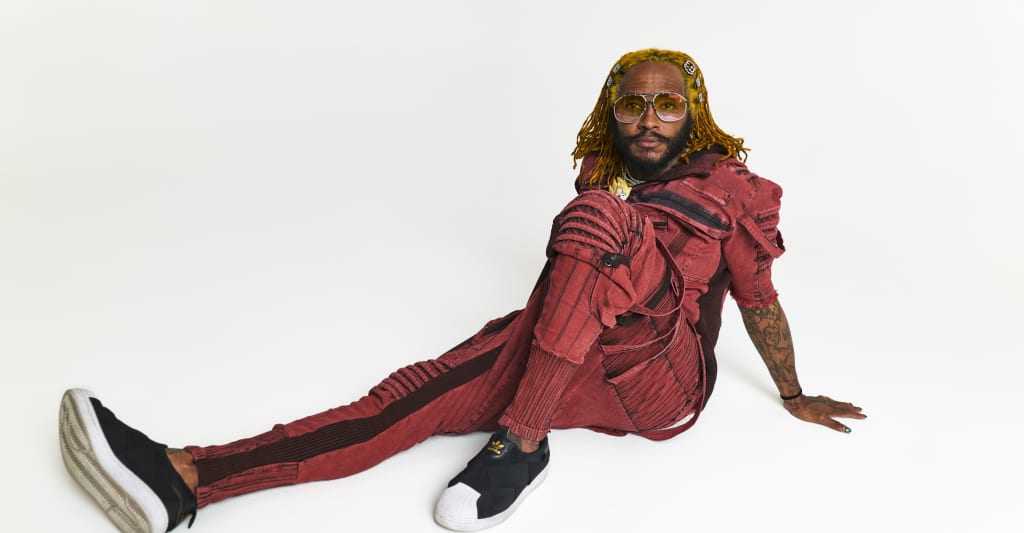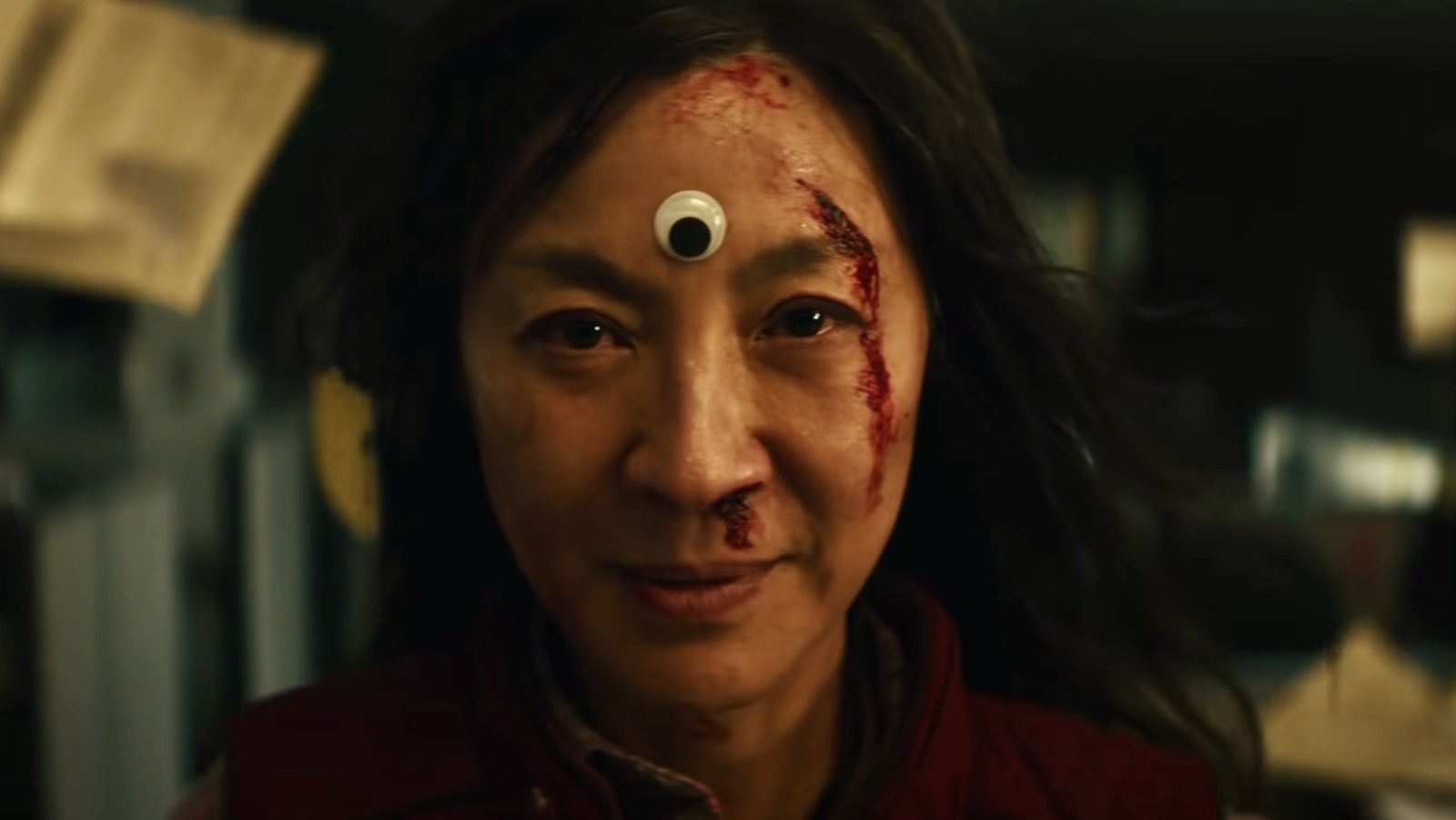#Faye Webster on finding comfort in life and the joy of playing games
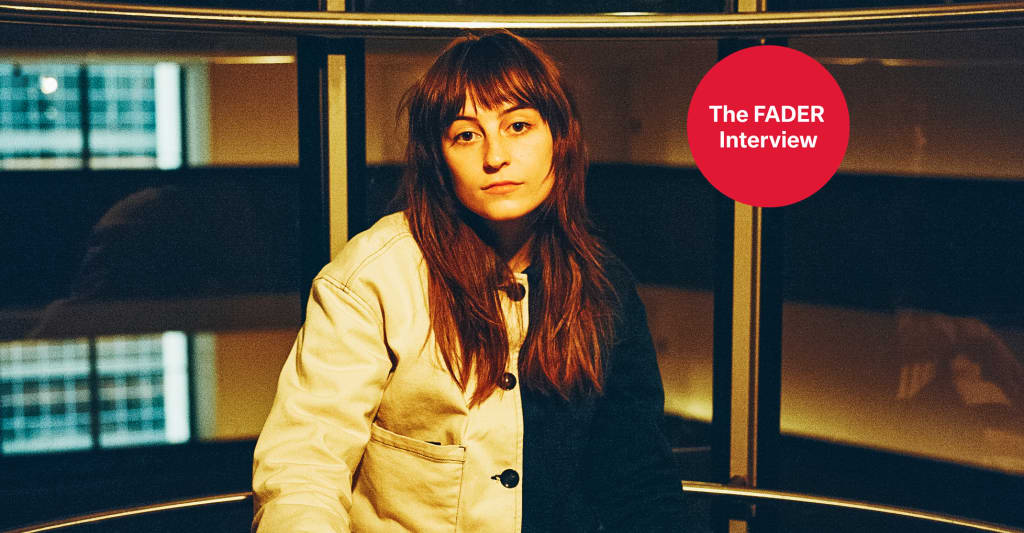
“#Faye Webster on finding comfort in life and the joy of playing games”
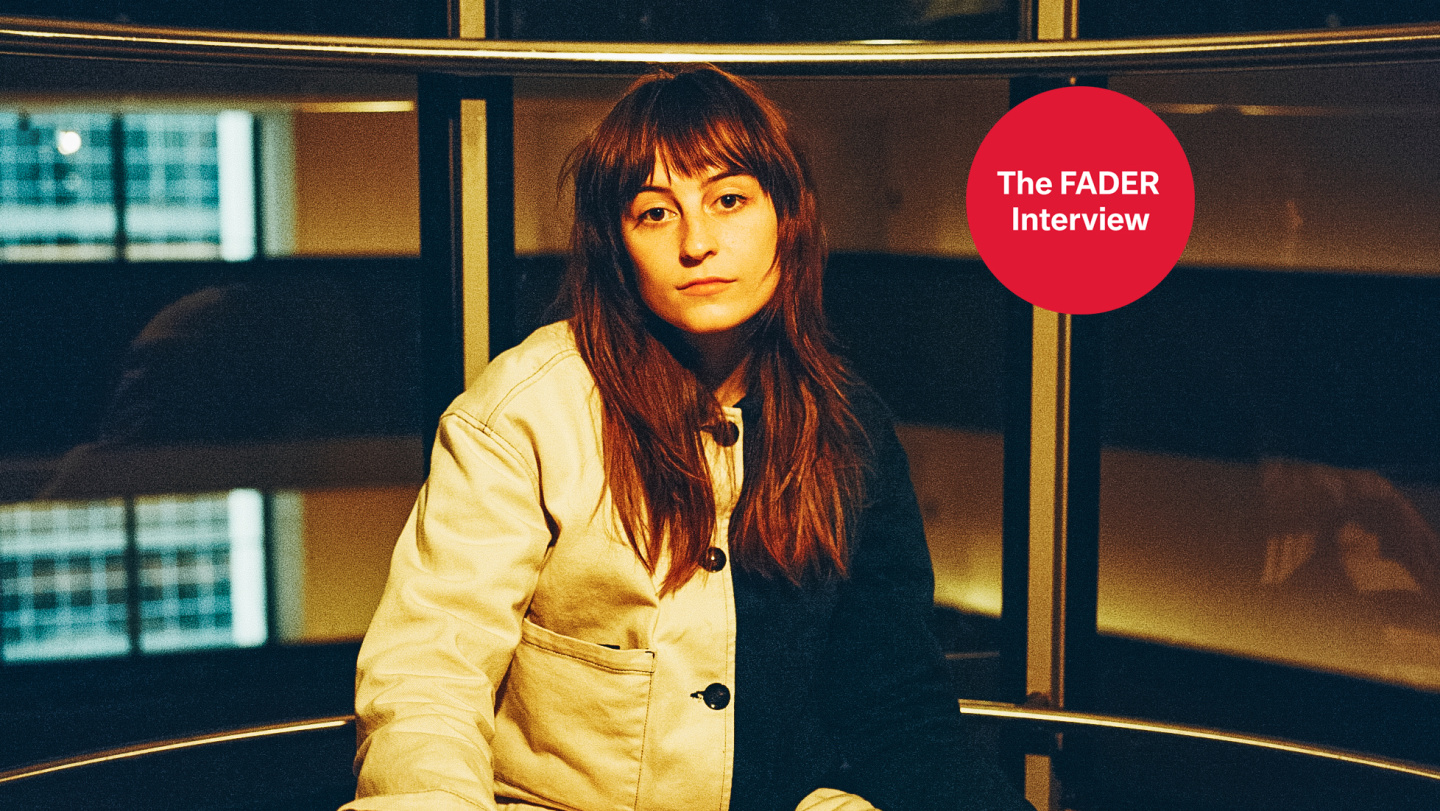
Pooneh Ghana
The FADER Interview is a brand new podcast series in which the world’s most exciting musicians talk with the staff of The FADER about their latest projects. We’ll hear from emerging pop artists on the verge of mainstream breakthroughs, underground rappers pushing boundaries, and icons from across the world who laid the foundations for today’s thriving scenes. Listen to this week’s episode of the podcast below, read a full transcript of this week’s episode after the jump, and subscribe to The FADER Interview wherever you listen to podcasts.
In the two years since Faye Webster released her breakthrough third album, Atlanta Millionaires Club on Secretly Canadian, the Atlanta musician, photographer, and yo-yo enthusiast fell in love, wrote a new album, and with her chic witty combinations of Americana pop and ’70s R&B became emblematic of a new kind of Gen Z hybrid music.
This month, she releases I Know I’m Funny Haha, a wittily titled record that trades its predecessor’s tales of loneliness and heartbreak for songs about the trials and tribulations of long-term domesticity.
Earlier this month, The FADER’s Shaad D’Souza called Webster to talk about finding inspiration and happiness, releasing a record on her birthday, and her favorite games.
The FADER: Hi, Faye. So welcome to The FADER Podcast. How are you?
Wester: I’m good. How are you?
Good, thanks. You’re in Atlanta right now?
Yeah. I’m at home in Atlanta, rainy day, classic.
Oh, a rainy day in Melbourne as well. So before we get into your new album, I Know I’m Funny Haha, I want to just talk a bit about your upbringing and your beginnings in music. So you grew up in a lineage of country and bluegrass players, if that’s right? Can you tell me a little bit about that?
Yeah. I just grew up always hearing my brother playing guitar, just through the walls of our house. And every time I’d visit my family, my family is always playing guitar, mandolin, classic, bluegrass type instruments. So yeah, I just was interested growing up seeing this and I was just like, “I want to do that.”
Have you ever felt like what you’re doing is in service of some larger family traditional something or do your parents or family see it that way?
I don’t know. I feel like I definitely am a part of a creative family. My brother’s in a band and my other brother does design stuff. I don’t know, my parents have always been really supportive, so I don’t know if they just look at us and they’re like, “Oh, our kids are doing the creative family thing.” I think it’s just like, “Oh, our kids are doing their thing.”
Have you ever collaborated with your brothers on any music?
Yeah, I have. I sing on his band’s songs a couple of times and sometimes I’ll take him on tour and he’ll play bass. So yeah, we always find something to do together at some point.
What was your upbringing like? So obviously you grew up in Atlanta, was it exclusively, I guess, country and bluegrass that you were around the around or what kind of music were you exposed to early-on?
Yeah. I mean, definitely starting off just because I was just listening to whatever my parents were playing in the car or at home, and it was mostly country western music. But yeah, I don’t really think it was until I was old enough to start choosing, when you get to the age where it’s like, “Oh, there’s other music exists.” I feel like that’s, especially when I started playing guitar, I think that’s when I explored a little more and just was listening to other things, and yeah, and just being like influenced by so many different things and just being inspired. I feel like I just have taken all these roots from different inspirations and, I don’t know, made my music, I guess, and personality, whatever.
Do you feel like that early influence contributed to why you connect with the pedal steel so much?
Yeah, for sure, for sure. I feel like I grew up listening to this instrument and it was just so mesmerizing, especially seeing somebody play it. It’s insane. And yeah, when I first started playing songs and it’s like, I’m just writing songs, I don’t have recordings. I don’t know what it even sounds like other than me singing and playing guitar, but I just knew, I was like, “I want pedal steel.”
Do you still get that same excitement from the instrument?
I do. I feel like we compliment each other really well, but also there’s sometimes we’re in the studio live tracking and we’ll be like, “Dude, get out of here. This song is not for you.” But it’s a healthy balance.
So obviously your first record Run and Tell was this quite a traditional country record in many senses. Do you still connect with that record and that kind of songwriting?
Oh, definitely not. I just feel like at this point it’s kind of just like a souvenir piece, almost like, I don’t know, a bad tattoo where it’s just, it represented you at one point, but I don’t know anybody that’s like, “Yeah, I love my 16 year old art and my 16 year old self.” But at the same time, it’s like, that was me.
Was that early, I guess, country influence why you were compelled to move to Nashville?
Yeah. I was also just felt like I should have, because just senior year of high school and there’s all that college pressure, I feel that was the first time where I really realized. I was like, “Fuck, what am I about to do?” Like I don’t, I’ve never thought about this and I’ve only done music, that’s the only thing I know how to do really. And it was just the closest music school, and also the only school I applied to, so thank goodness that I got in. Otherwise, I wouldn’t have done anything. But yeah, I don’t know. Nashville is full of country roots and then indie songwriters, which is cool. But I feel like it is only that.
How did you find it there? Did you try and connect with the music scene at all beyond college?
I think I played two shows as a Nashville resident and they were just band nights, like battle of the bands type thing. But there’s so many talented musicians is what I got out of it. I just feel it was a really good experience to just be around all these musicians all the time, which in Atlanta, it’s like, everybody’s a creative, but it’s always something different. There’s so many different mediums of just creativity in Atlanta that I did not find in Nashville, which I felt like I really missed.
Do you think you would have stayed in Nashville? Do you think there’s an alternate universe where you stayed and tried to make it in the Nashville songwriting machine?
Probably not. Maybe if I went earlier at a younger age where I didn’t really know what I wanted, I feel like it would have been possible. But I feel like as a young adult, it was kind of like I’m finding myself, I’m finding my sound and who I want to be, who I’m happy with, and I don’t think I would have ever stayed.
So you’ve expressed this sentiment of the stuff you got out of, I guess, working with Awful and stuff like that was this sense of community and I wonder how you hold onto something like that as your music becomes more successful and as you step into playing much biggest shows, working with much bigger labels, that kind of thing?
Yeah. I feel like it was such a beautiful learning experience for me just to be a part of a group that was just so close and it wasn’t always about music. It felt like family first and then we’ll do music together. But it was nice because I had really never worked on music with other people before. It was a new concept to me and I wasn’t really comfortable doing it and I feel like just being around musicians every day in Atlanta, I really just opened a new door for me. But definitely overall, always thankful forever for that group.
Do you think you still make music in that way that you developed while you were making music with all those people?
Yeah, for sure. I feel like doing collabs or just always working with somebody else is important just because nobody’s brain works the same way. So it’s nice to, I guess, almost subconsciously learn from making music or doing what this other person also does that you do and just getting a different mindset of it and a different approach. And I feel like it was influential in ways that I will never know and can never explain, but will keep doing somehow.
On that, you said that Mei Ehara was a big influence on this record and she features on “Overslept.” Can you tell me a bit about her? How you found her music and how it came to influence you?
Yeah. She was just a related artist to this other artist that I was listening to. And I literally never scroll down and click on the related. I’ve never that my life, but I was just in the tour events, so endlessly bored. And just the first 30 seconds of listening to her, I was just like, “This is, I feel like I found my soulmate.” This is the coolest shit I’ve heard and I relate to so much.
And yeah, she just became such a big influence, just listening to her music every day. Her instrumentation was brilliant to me. I feel like we’re very similar in a lot of ways, but also, I don’t know, I just felt like I was always learning something new listening to her. And yeah, I just felt like since she was such an important musical influence for me or inspiration, I felt like it would be only the right thing to have her on my project.
Are there moments on this album that you listen to and you can really distinctly hear her influence?
Yeah. I’ve never thought about that question. That’s crazy. Yeah. I’m sure there’s moments. I don’t know. I feel like our bands are so similar, which is really funny for me to say that I really like her, because I don’t want it to be like, “I like myself.” But yeah, I don’t know. I feel maybe more strongly the opposite, listening to her music and hearing me, which is maybe the only way that my brain can find it because it’s not analyzing my own work. It’s analyzing somebody else’s work.
How did you connect with her and what was the process of putting that song together?
I just followed her on Instagram and then she followed me back. While I was in the tour van, I was screaming. I was like, “Guys, she followed me back!” And from there, I was just sending her DMs, and then like from there it was like we emailed each other every time we did something cool, like covered a new song or we’d share playlists. And yeah, I think it just got to a point where we were picking each other’s brains so much that I was like, “Dude, you can say no, but would you like to sing on this song? It would mean a lot to me. I really love you.” So yeah, it worked out really well.
Listening to that song, does it have the same qualities of her music that you really connected to and love?
It was way different because it was just my band and it was her singing. And obviously, I don’t know what she’s saying until she translates stuff for me. But I think if she had asked me to be on her song, it would have been the same. I don’t know how to explain it. But yeah, I think it was just kind of like me topping off this important chapter for me, if that makes sense? But hopefully in the future, it’d be more collaborative if we could be in person and share bands and stuff.
So this album is on an emotional level, it’s quite different from Atlanta Millionaire’s Club. That record was a little, maybe lonely or something. This one focuses on this different set of trials, navigating the early parts of a relationship. At what point during the writing and recording did you step back and realize like, “Oh, this is the kind of record that I’ve made.”
Yeah. It really wasn’t till the end. I feel like when I’m recording, it’s not like I’m making a record. It’s okay here’s songs that I wrote and I’m tracking them and eventually it’ll be a whole. But it’s not really till it’s all done and you’re looking at it as a group, hearing it as a group where I was like, “Dang, I’m mentally stable and happy now.” And it really was just a more hopeful project from what I feel I was making in the past.
Can you tell me a little about the writing and recording of the album? How is this one as compared to the last one?
Yeah. So the last one, I would write a song and then the next day get all these people together and record it and just do that over months. But yeah, because of the pandemic, it wasn’t safe to do that. So by the time it was safe, I feel like I had bottled up five or six songs and just had to spend two weeks in the studio recording back-to-back. And I’ve never done that before and it was really stressful and just, I don’t know, it was a good learning experience for me. So yeah, the recording process was a little different, but I think at the end of the day it was okay and I don’t think you can hear the difference.
Do you think that that kind of style of recording, just doing it all in one block is something that you’ll try again?
If I have to, I feel like it was a good learning experience for when I’m not able to do that again, just to be ready to approach it differently. But I feel like if it’s up to me, I’m definitely going to choose the way I’m most comfortable with just because I think it’s healthier for me mentally.
Do you think this album says about the period in your life in which it was written?
The word I’ve been using is just more hopeful, which really somebody else told me and I was like, “Oh, you’re right.” But yeah, I think it’s more of just, I just feel like I’ve been in a better situation in my life and I do think it reflects that.
The album is interesting because, I guess it has these quiet vivid portraits of domesticity, I guess, for lack of a better word. I’m interested how do you get in the zone of when you’re writing about, I guess this one topic, keeping it interesting for yourself, keeping it interesting in terms of your songs? I guess after Atlanta Millionaire’s Club, which felt so, I guess each song felt like it was about different situations or different scenarios.
I feel like I’ve just gotten really comfortable with my song writing in the sense of just being ready and being able to say the first thing that comes to my head and just these thoughts that I’m not really addressing before. And I think because of how comfortable I’ve gotten, I’ve found myself, yeah, writing about different stuff or just things that I haven’t written about before. And I think it’s because I’m just really comfortable saying what I want to say now.
The title track, “I Know I’m Funny Haha,” uses its title in such an interesting way. In the context of the song, it’s almost a little wistful or almost self-defensive in context, and why is that phrase in this context so important to that song and also the album?
Yeah. I don’t know. I feel like it just really stuck out to me when I was trying to name it and I kind of struggled naming this record just because last record, I knew what it was going to be before it was even done. I knew the album cover. I knew what I wanted to do. And with this, I was just focusing on making music and I just didn’t know what to do. And I feel like when it got to the time to decide and I was just going through lyrics, just trying to pick and pull, I feel like it was really just the obvious answer for me.
But yeah, it’s actually funny because it does have such different meanings when you think about it. And even when people say it, every time somebody says it, they say it completely different, like put emphasis on different parts of the sentence and just say haha so differently. So I think, I don’t know, I’m really satisfied with that decision.
Can you talk me through the writing of that song a little? Because I feel like it touches on a lot of the main, I guess, themes or ideas that are present on the rest of the album.
Yeah. I feel like that song is really random in a sense where I think I just felt like writing and I had nothing to write about. And so it’s just these three completely different verses about completely different random things. And when I was writing it, I remember thinking, I was like, “This feels like a Mad Libs.” Where you just fill in the blank with random shit. But I feel like it worked and I feel like they were just, all three verses were all three important stories to me at the time that were just new and fresh and sitting on my mind and I felt like if I could not get it out and express it, I would just always think about these things.
And then a song like “Cheers” is quite different, I guess totally from the rest of the album. It kind of chugs along and it’s a bit less of this ’70s R&B or country vibe. Why did you want that song to be so totally distinct from the rest of the record?
Yeah. I don’t think it was a matter of me wanting it. I feel like when we sat down to record it, it just felt that’s just how it needed to sound. I don’t really share my demos with anybody before we get to the studio, just because I don’t want people thinking about that stuff. So playing this while we were live tracking, it was everybody’s first time hearing this. It’s my first time playing it since I’ve recorded it because I never like to just hear things over and over because I feel like I just change it. So yeah, I think when I played it, everybody was just, we tried to just play it how I wrote it and then it just felt like it was literally calling to be something different and people were just in the moment, I don’t know, just it really was a natural effect.
When you were writing, were there any domestic love songs or songs about, I guess domesticity or long-term relationships in this sense that you looked towards for inspiration for this record?
There were two artists that I was listening to a lot during the making of this record, which is Mei Ehara, who’s on the record, and then Hannah Cohen has a record called Welcome Home. That was really influential for me. But yeah, not any specific song, but I feel like, I don’t know, both of their music makes me so happy and so maybe I just listen to it a lot and also wanted to reflect this happiness that I was also feeling.
As more and more people listen to your music, do you worry about the diaristic element of it? Is that ever a concern for you?
I feel like I like that. I prefer that. I want to do whatever will make me more relatable to a human just because I don’t want to stand out or feel like people think of me higher than themselves or, I don’t know. I feel like that’s such a weird thing and I just want people to know I’m so normal. I am literally also a human being just like you. So I feel like sharing my life and just what’s inside my head that normally only you get to know, yeah, I just feel like I hope people just relate to it more, which is nice.
Do you ever feel the need to square that with like an urge for privacy, I guess to make sure you’re not giving too much of yourself to an audience or something?
Yeah, sometimes I feel, especially just in interviews and when strangers come up to me and say something, it’s like, “How do you know that? I hate that you know that.” But at the same time, I’m like, “I do tell so much about myself.” And there is this weird balance because I do really respect privacy and especially on social media. I just want to be alone all the time, but it’s like, I have … I don’t know, it’s this really weird thing that that’s hard to find that healthy balance. But yeah, one time I literally got a DM and it was just like, “Hey, were you born on June 25th, 1996?” And which is my birthday but one year off and it’s just like, “I just listened to a song and that’s just what I get.” And I was like, “Bro, what?”
This is so weird. It makes me so uncomfortable. But yeah, I do enjoy not people getting to know me really well, but because I want people to relate because they’re going through it as well. Just have a sense of comfort, I feel like. So there is this really weird balance with both of those.
Are you someone who naturally feels an urge to use social media or is that element of self-promotion?
No, I hate it.
Yeah. How have you found adjusting to that?
I literally would not have it. Therapy helps me. I literally hate that shit. I don’t know. I don’t feel weird being like, “Hey, my record’s coming out.” Or like, “Hey, I’m playing this show.” But when it’s like, I don’t know. It’s really weird. I’ve been really trying to practice being more comfortable with it just because it’s such a scary thing to me.
Oh, so sorry. So your record is coming out on your birthday?
Yeah. Isn’t that crazy?
Yeah. Was that intentional?
No. I don’t tell anybody it’s my birthday just because I’ve never been a really big birthday person. But when my label told me that that was the release date, I was like, “Do you guys know that’s my birthday?” And they were like, “No way.”
Are you going to have a combination birthday record release party to celebrate?
I’m just going to pretend the release party is my birthday party and the release cake is my birthday cake.
Yeah. So I love this track, “A Dream With A Baseball Player,” which is about having a crush on a baseball player. And I’m interested how important is fantasy to your music or to your songwriting process?
I feel like not that important just because with my song writing, I’ve always been the type of person who has to write about personal experience. I know people who can read a book and just write a song about this book or some made up and I’m just like, I’ve never been able to do that. So I don’t know. I feel like that song is very dreamlike and it is me living in a fantasy, but it’s a personal fantasy that I had at the time. You know what I mean? It’s still a very personal experience.
And I guess on the topic of baseball, when I read about you, I feel like there’s always a mention of games. There’s yo-yo, chess, Nintendo Switch, going to the batting cages, stuff like that. I was wondering, what do you love about games? All these various different kinds of games? What do you thinks led you to being, for lack of a better word, a hobbyist in this way?
I don’t know. I just like feeling like a kid sometimes. Like dude, I feel like everything in life is taken so seriously that it makes games and just fun pastimes extra fun, literally fun. I don’t know. It just makes me happy.
I think that’s as good a place as any to leave it there. Thank you so much for coming on the podcast to talk about you and your album, I know I’m Funny Haha.
Thanks. Yeah, it was nice talking to you and nice to meet you too.
If you liked the article, do not forget to share it with your friends. Follow us on Google News too, click on the star and choose us from your favorites.
For forums sites go to Forum.BuradaBiliyorum.Com
If you want to read more Like this articles, you can visit our Social Media category.
